A good pair of running shoes is important to avoid the injuries that so often come with a high impact, repetitive sport.
But like all equipment, trainers can eventually become worn over time and typically need replacing after around 400-600 miles.
The exact lifespan of a pair of shoes can vary depending on several factors, but there are some telltale signs that running shoes need replacing.
Here are five things to look out for.
Worn Treads
One of the most obvious ways to assess your shoes is to turn them over and look at soles. If the tread has become worn, and the grooves are not obviously pronounced, then there’s a good chance the shock absorption and cushioning has also diminished.
Less Flexibility
When you bend the rubber sole of a shoe it should snap back into position in the same way that it will bend slightly with each foot strike and toe-off. If it doesn’t, this tells you the shoes are losing their shape and are no longer as supportive as they should be.
Aches & Pains
The easiest way to know if you’ve worn through your shoes is to trust the feelings you are getting after runs. If you are noticing more aches and pains, particularly around the calves or ankle, knee and hip joints, this could be your body telling you to buy a new pair of trainers. Should the pain go away when you switch shoes, this can confirm that the old ones need to be ditched.
Sore Feet
Runners can often experience a tightness in the muscles under the feet and this can be exacerbated by faulty shoes. If the tech that’s hitting the ground isn’t doing its job properly, your feet end up taking the brunt of the impact. This can also lead to painful blisters.
Upper Has Become Worn
While the soles of a good pair of running shoes tend to break down before the upper unit, it is still something worth inspecting. Should the upper start to separate from the rubber part of the shoe, this can cause a lack of stability and a change in running mechanics. Holes or splits in the top of the shoe can be some of the most obvious signs of wear.


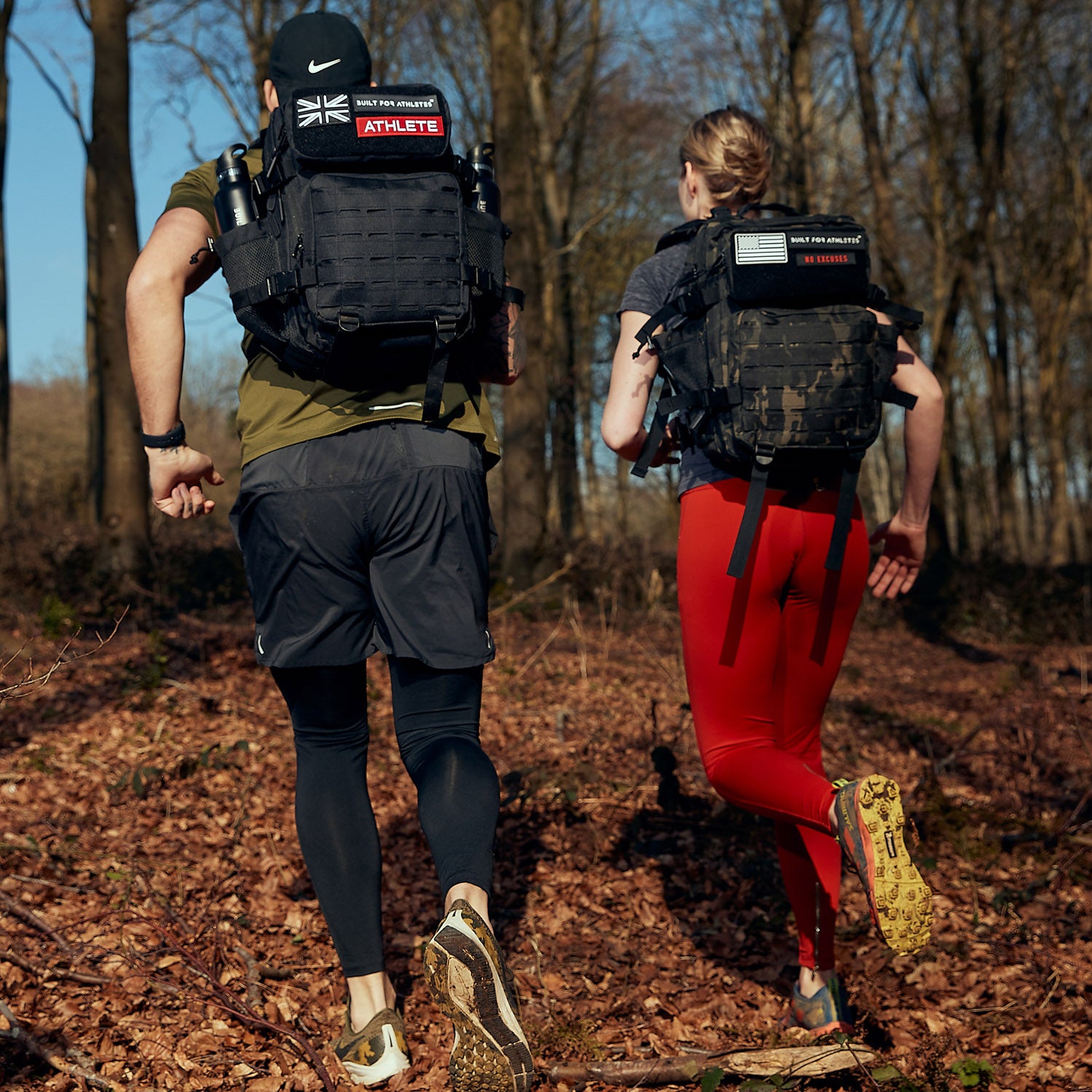

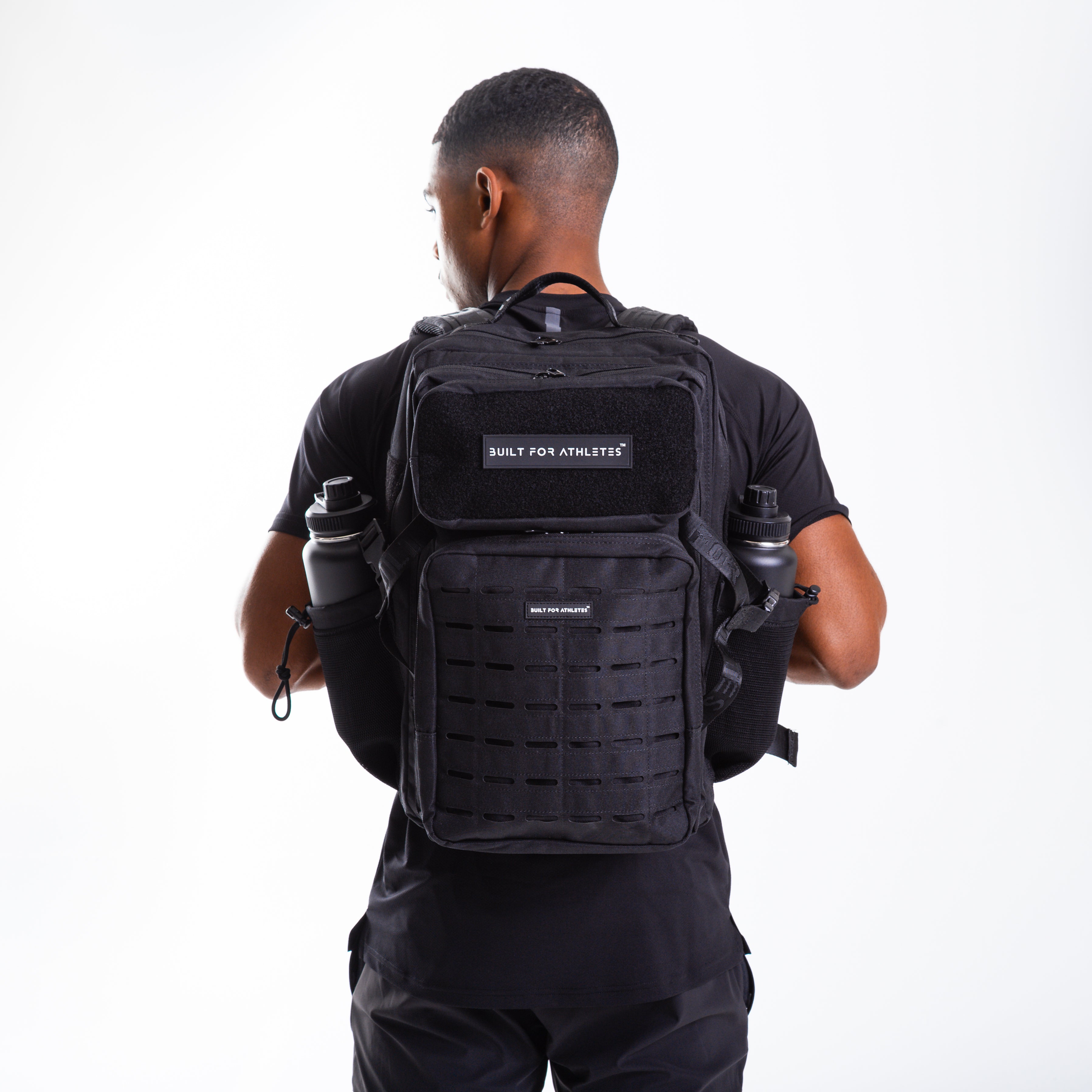
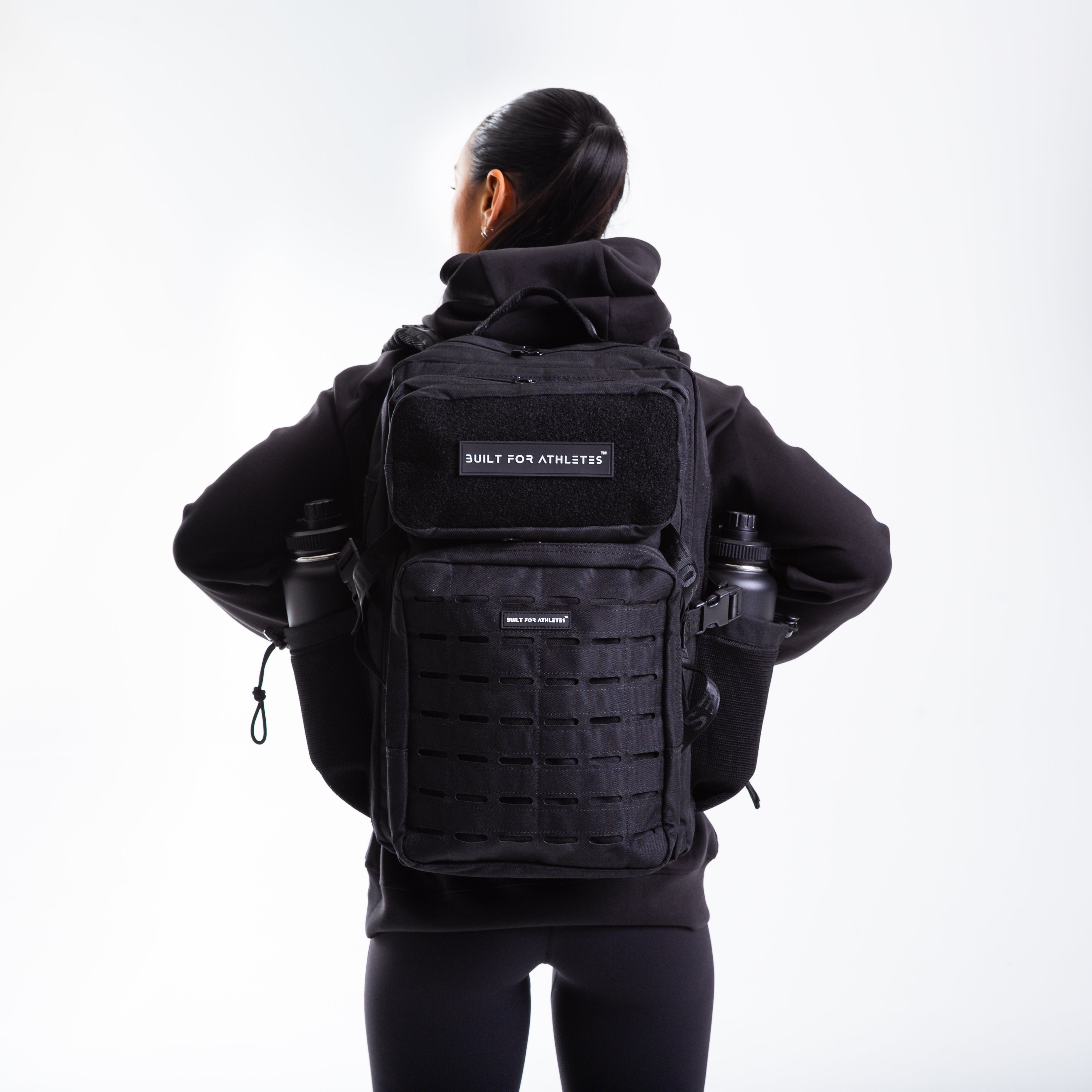
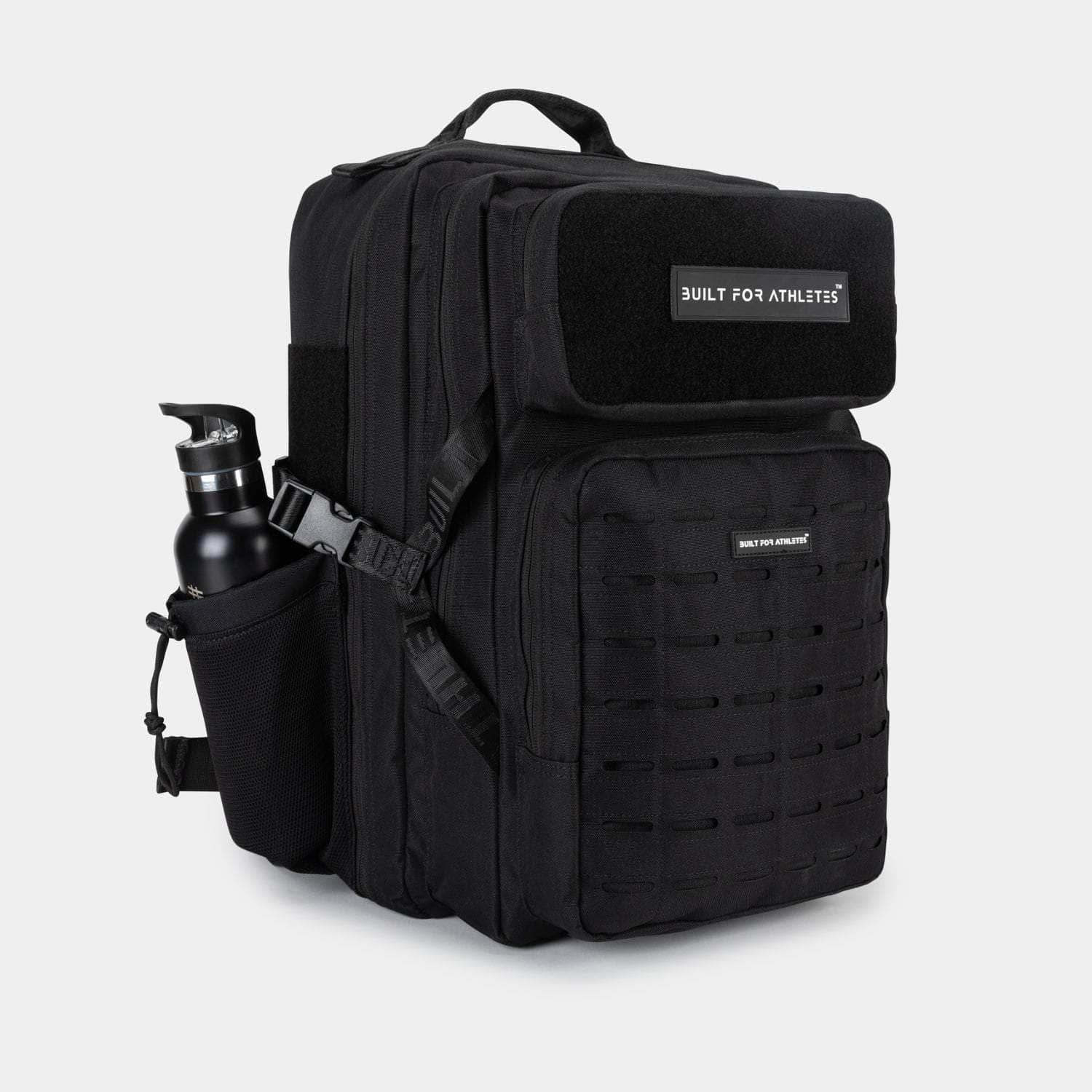






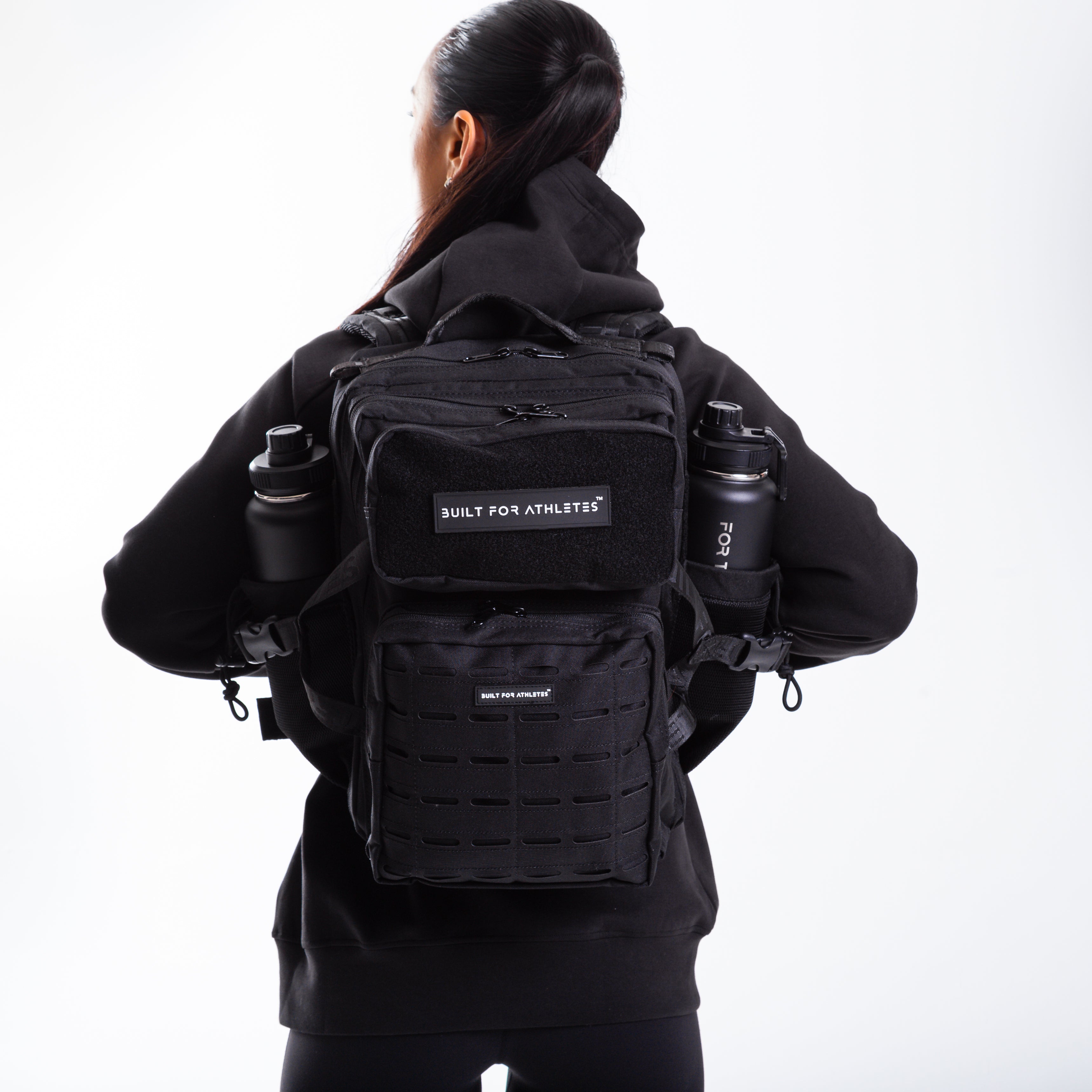
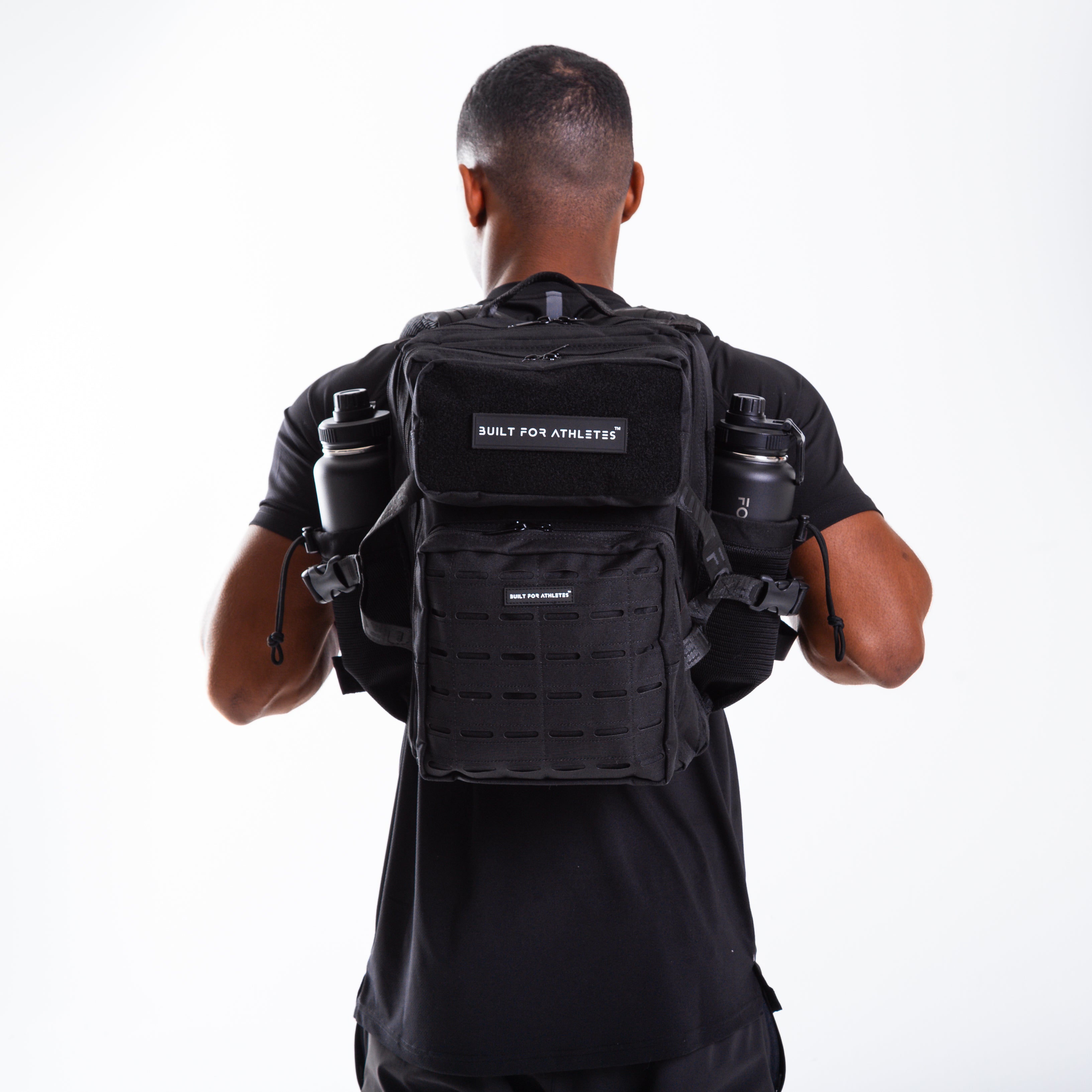
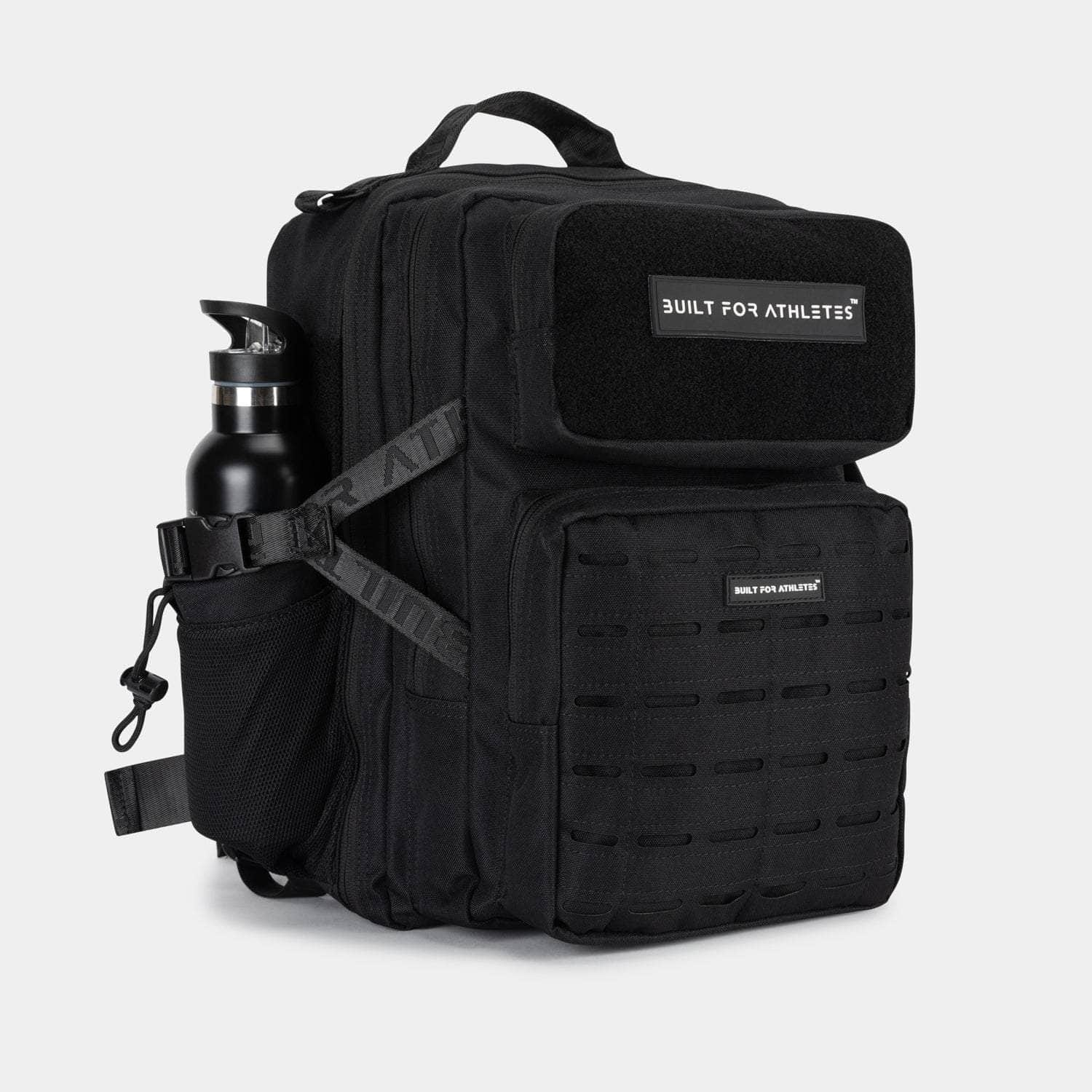




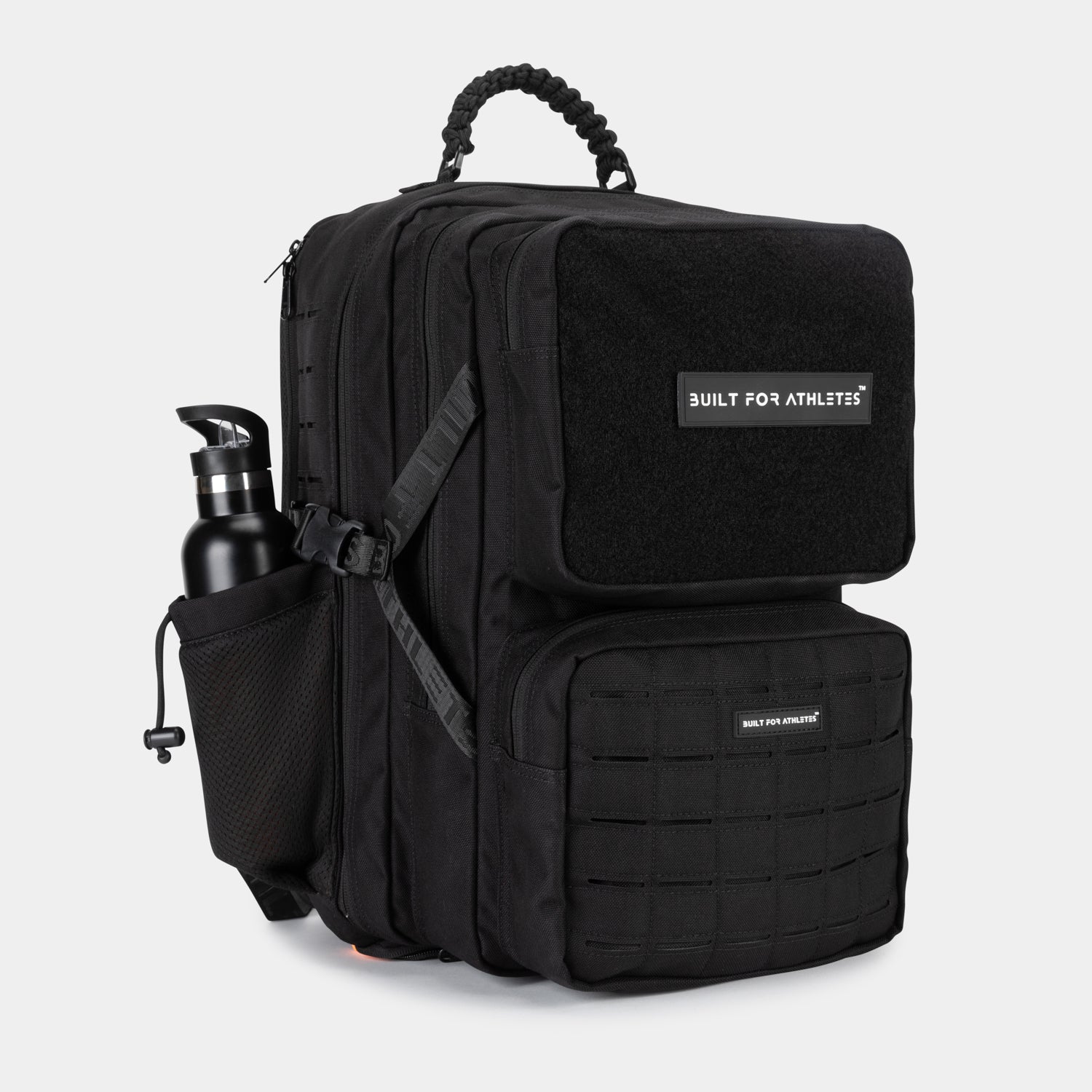
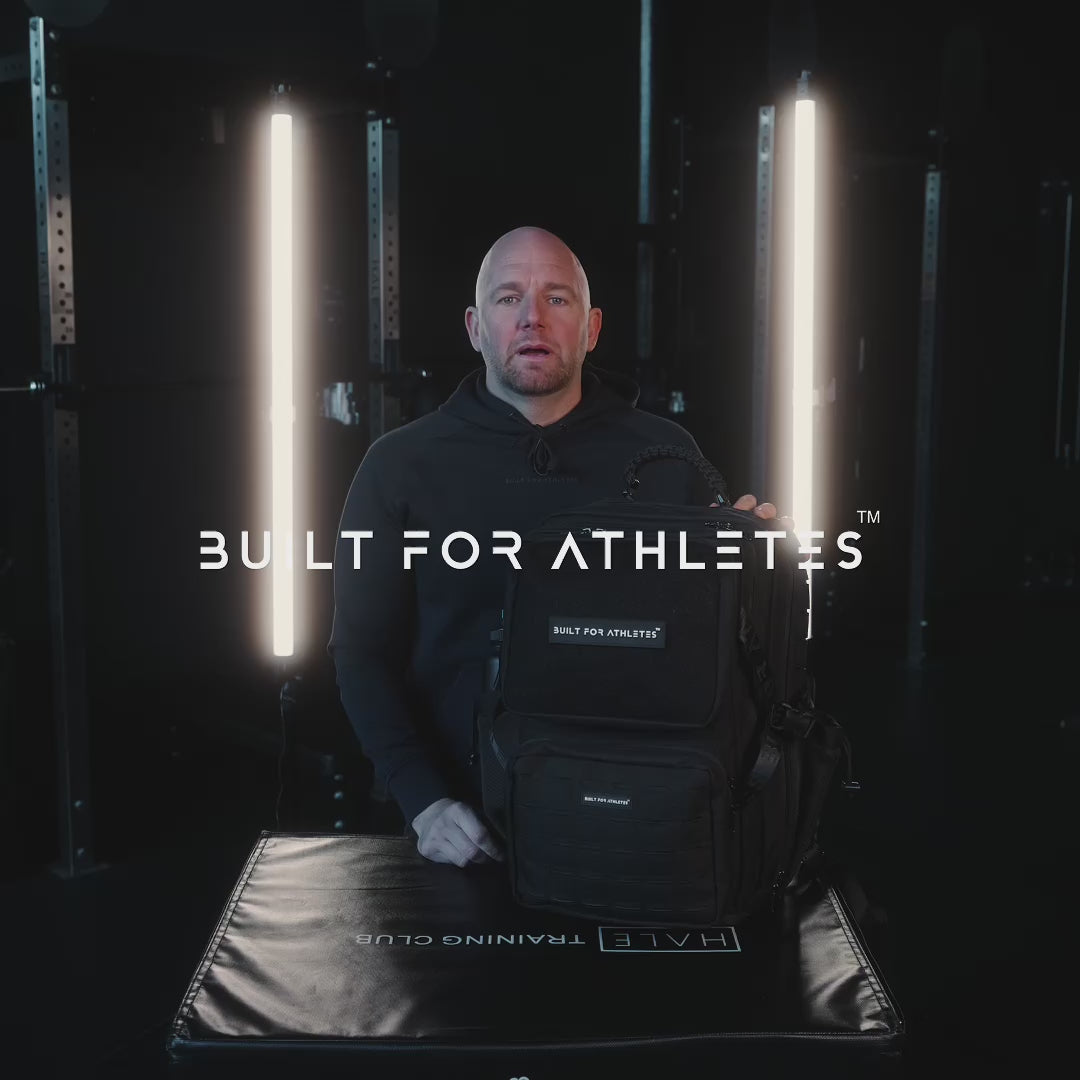
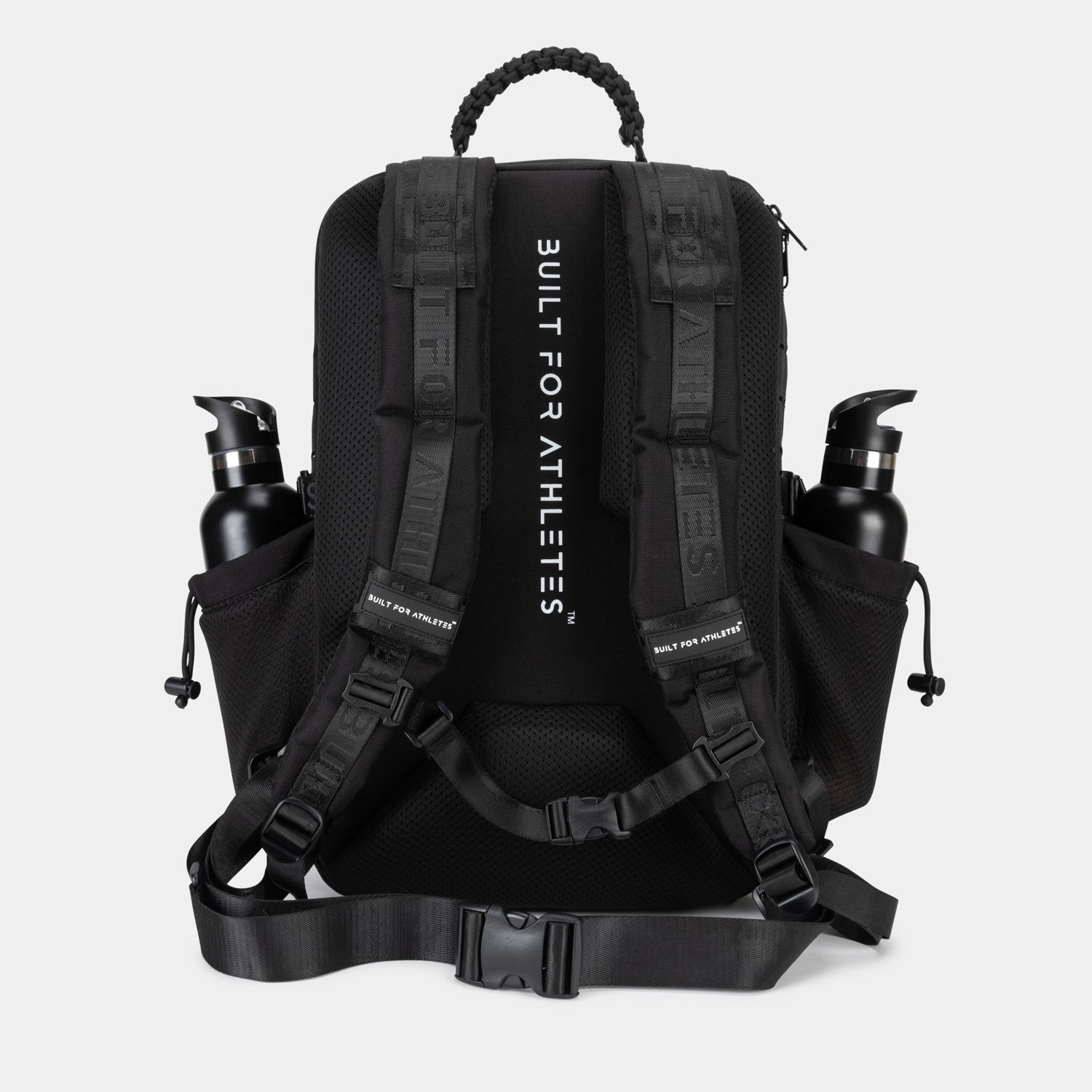








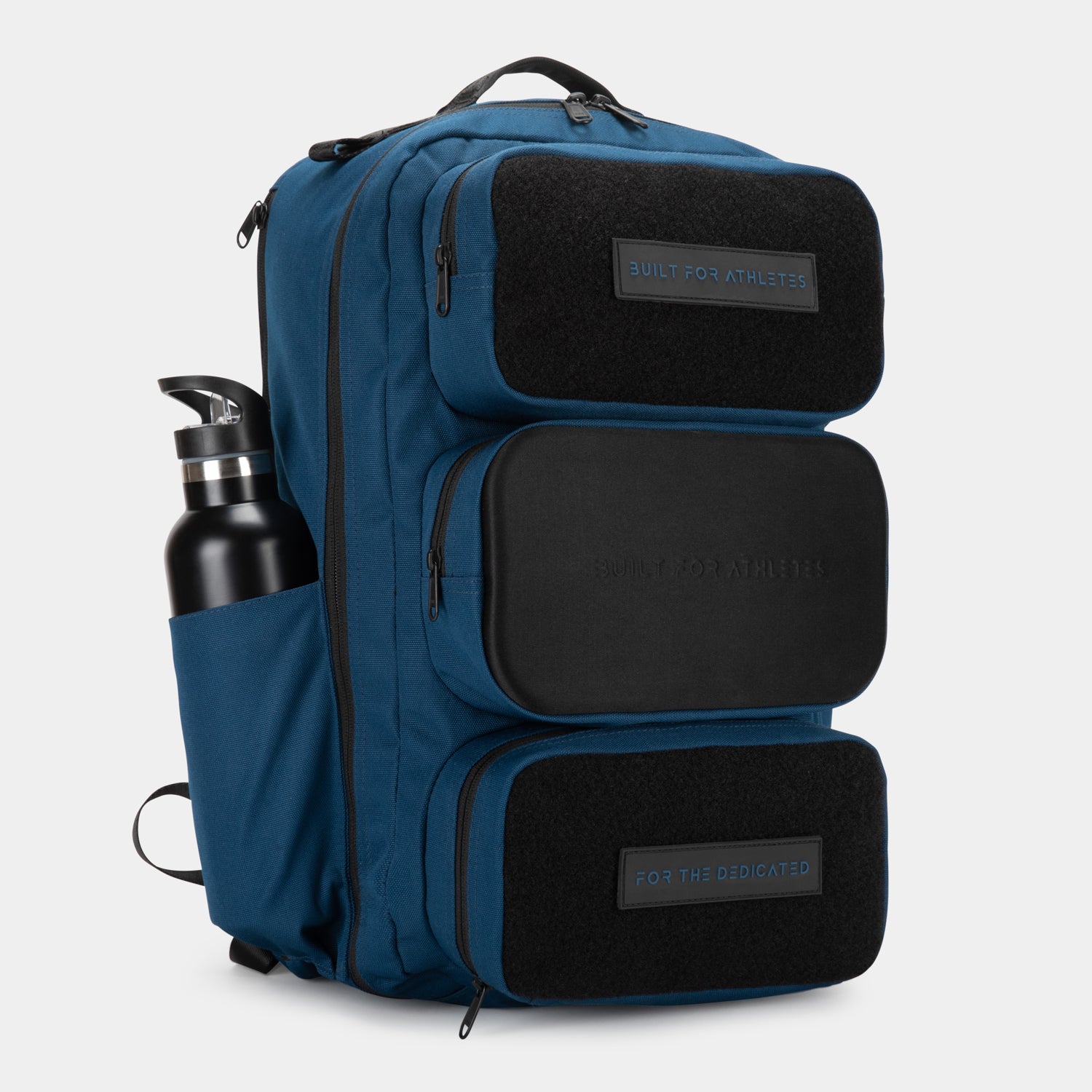
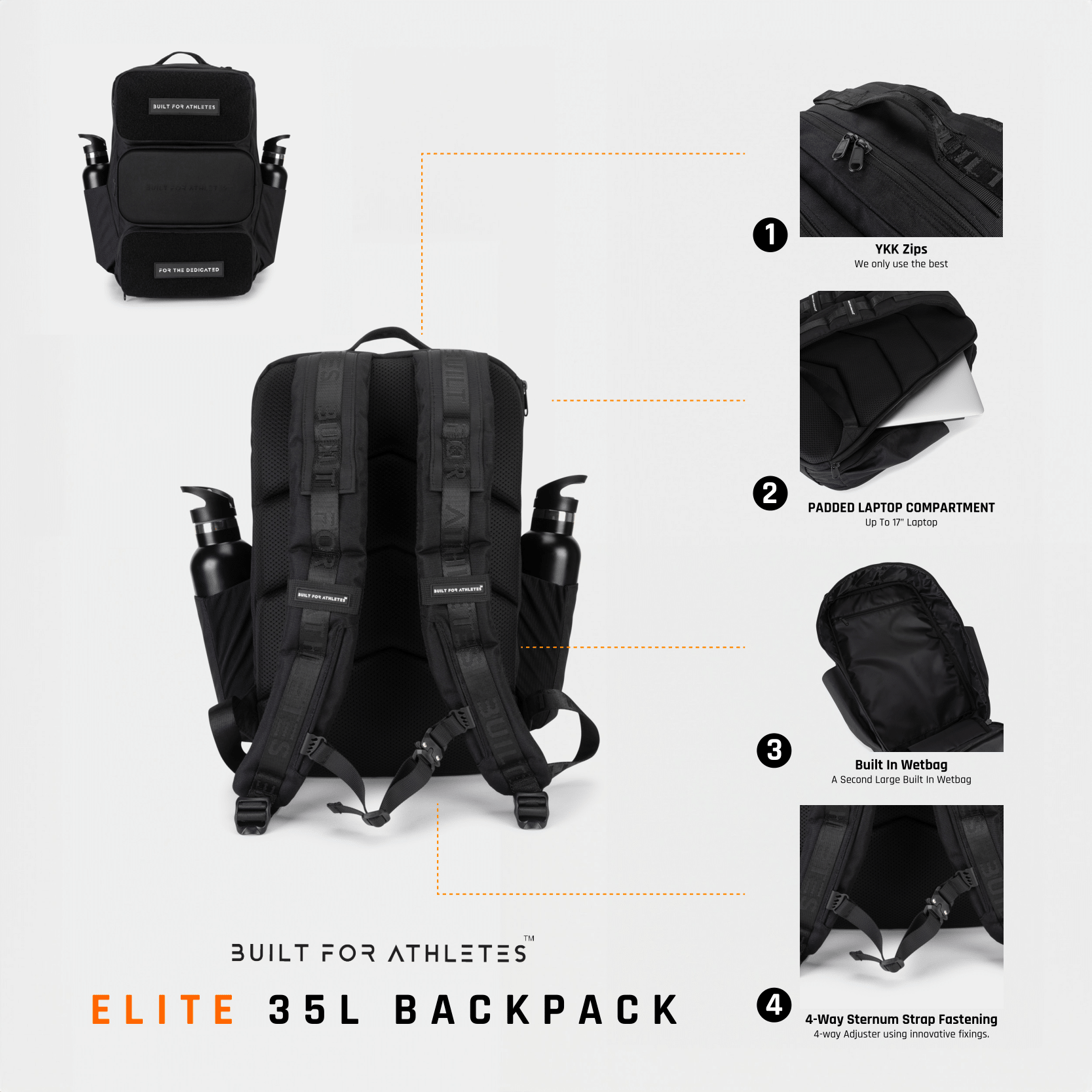
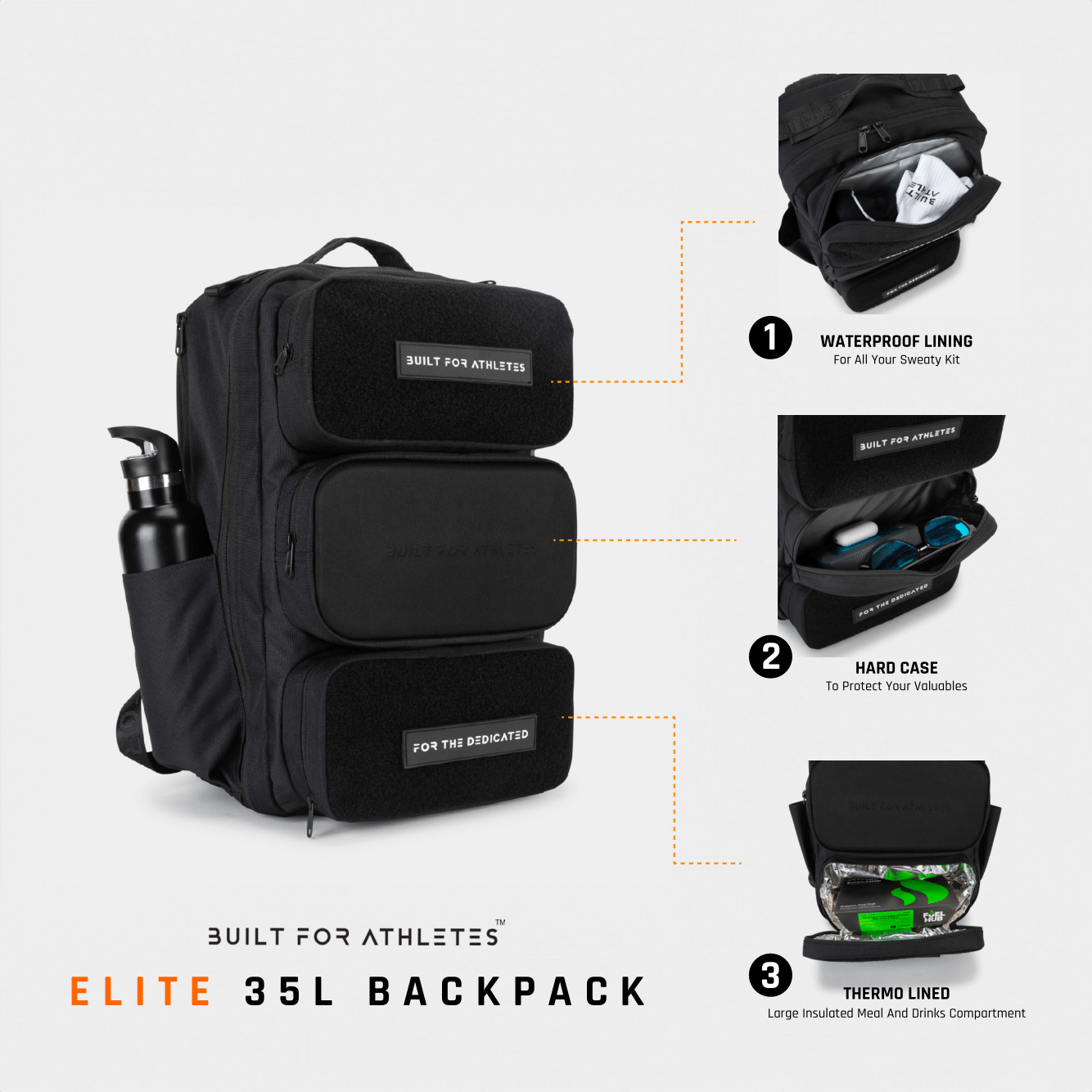




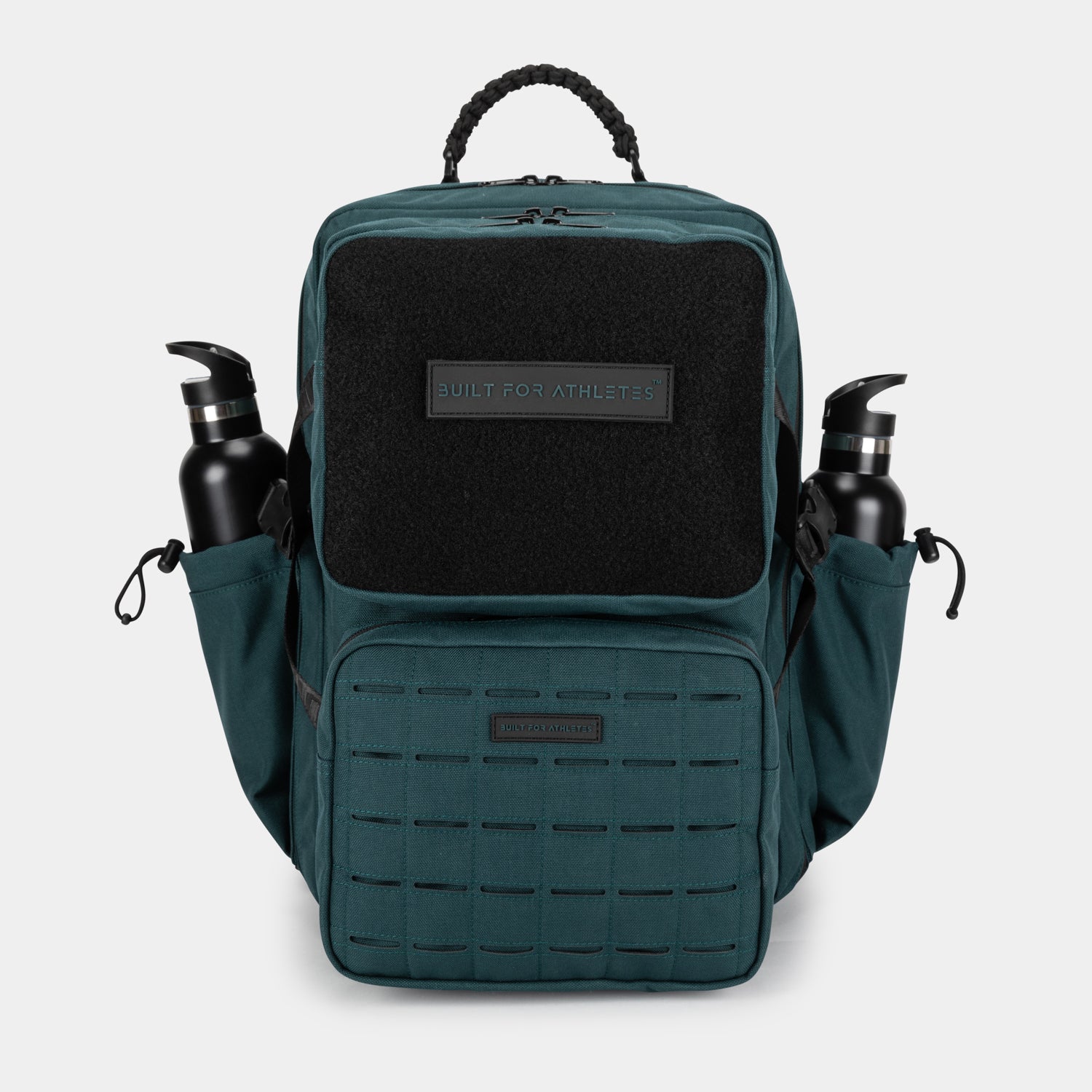
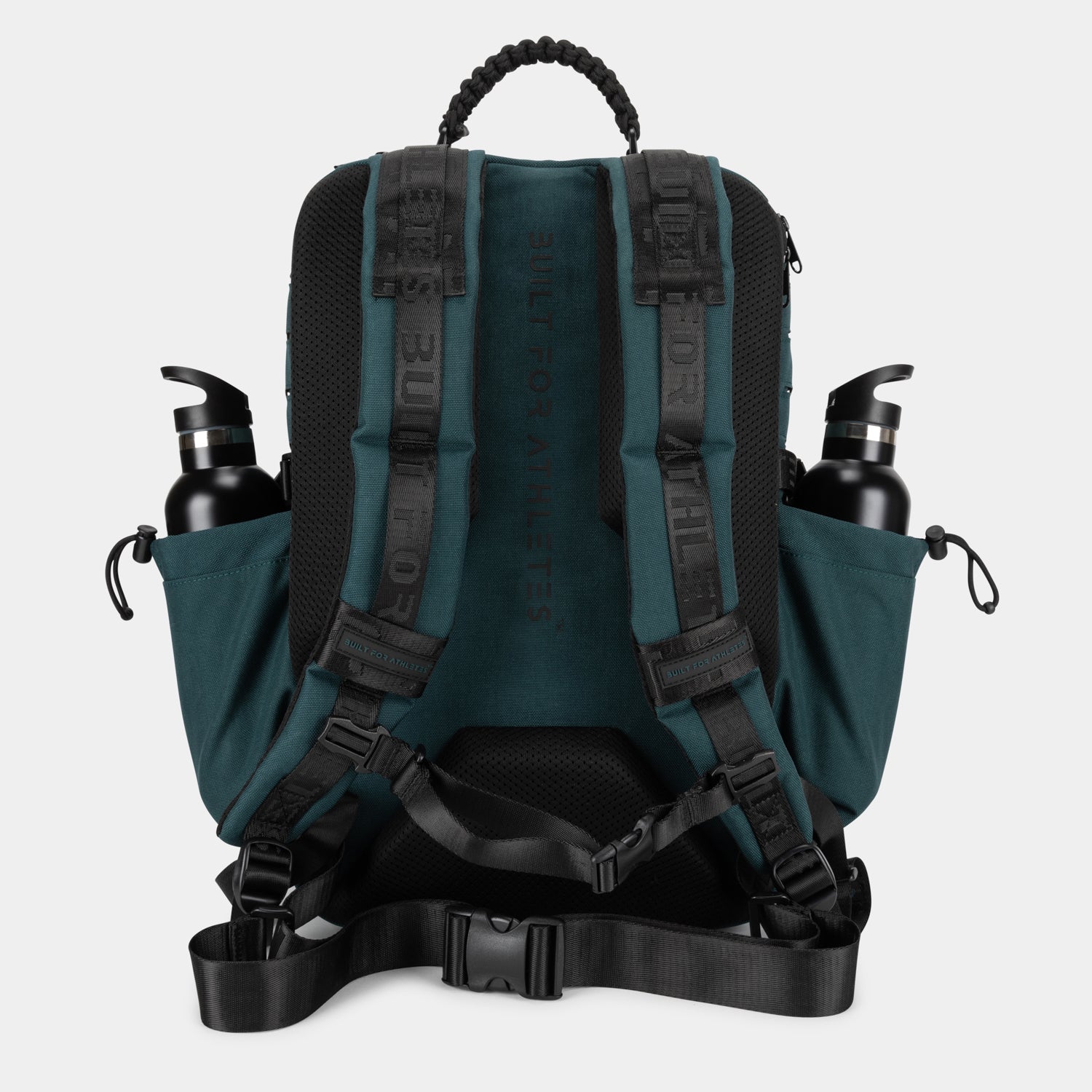
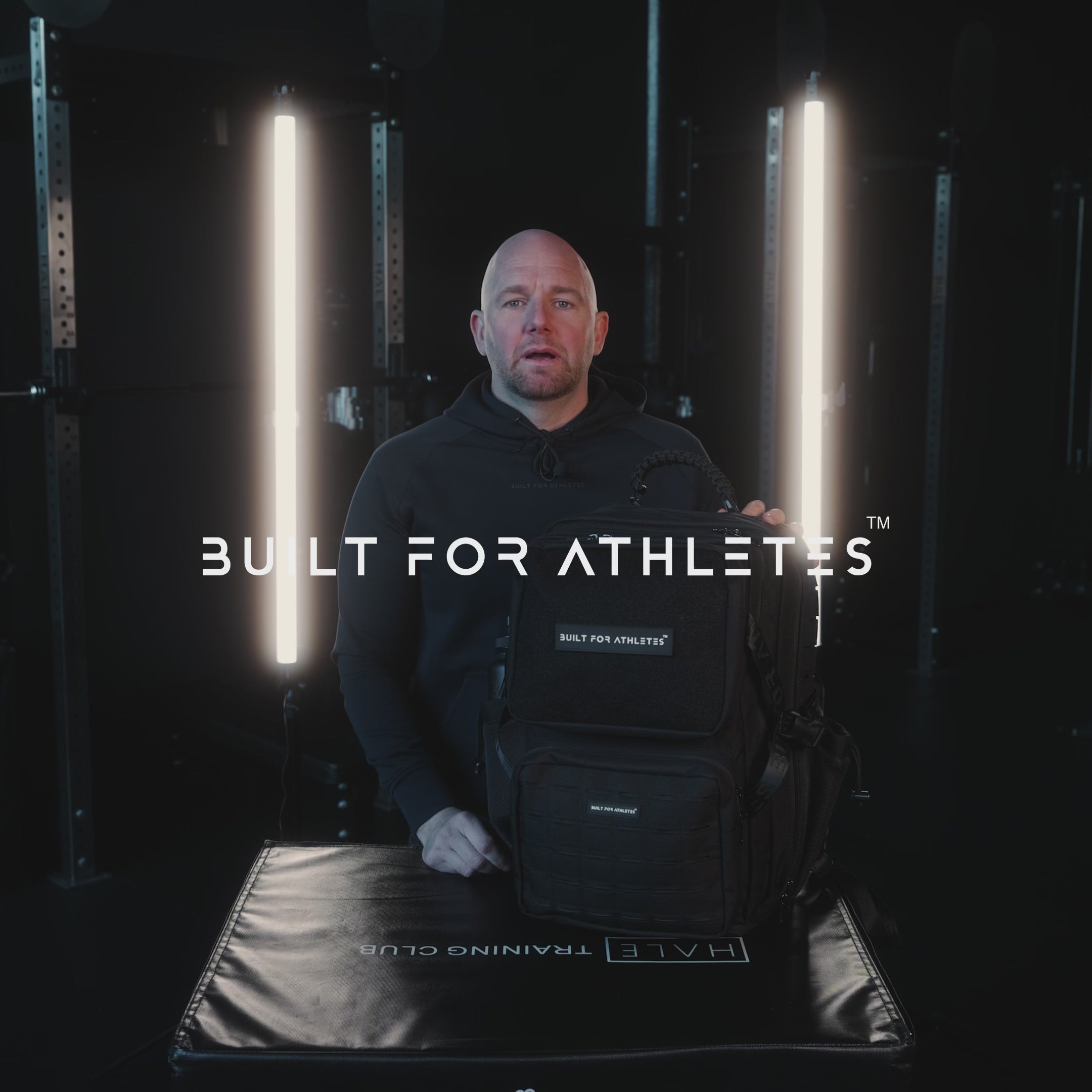
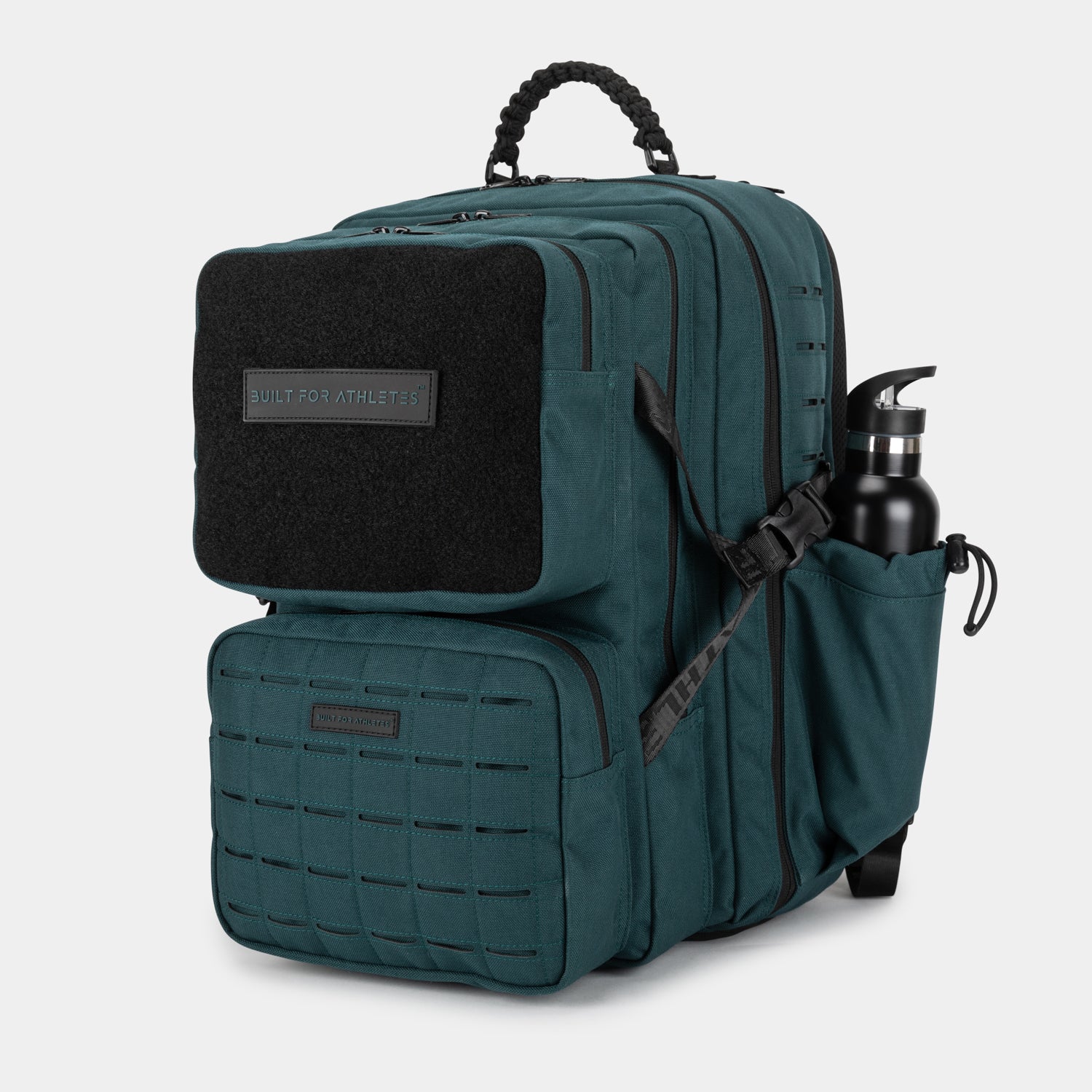

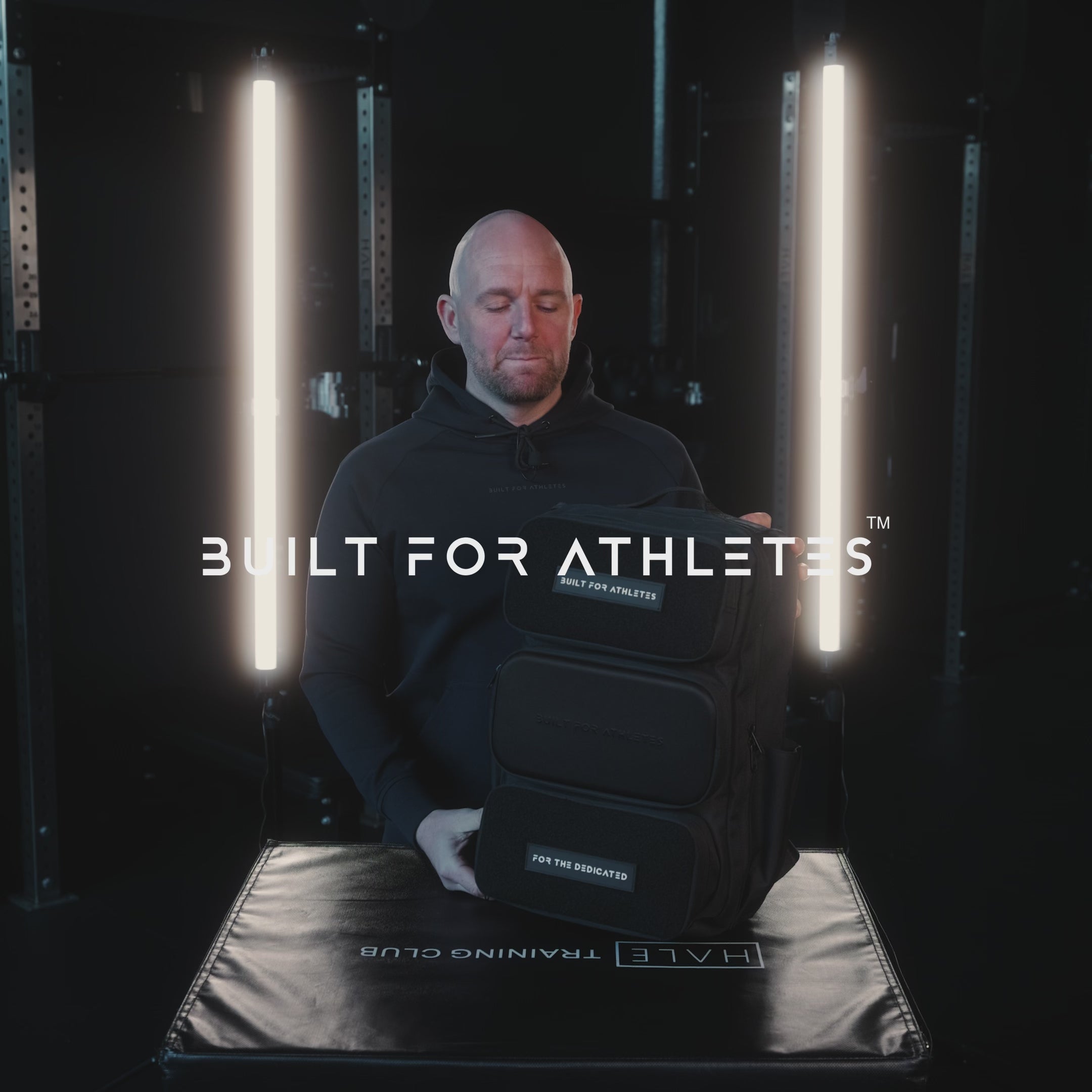
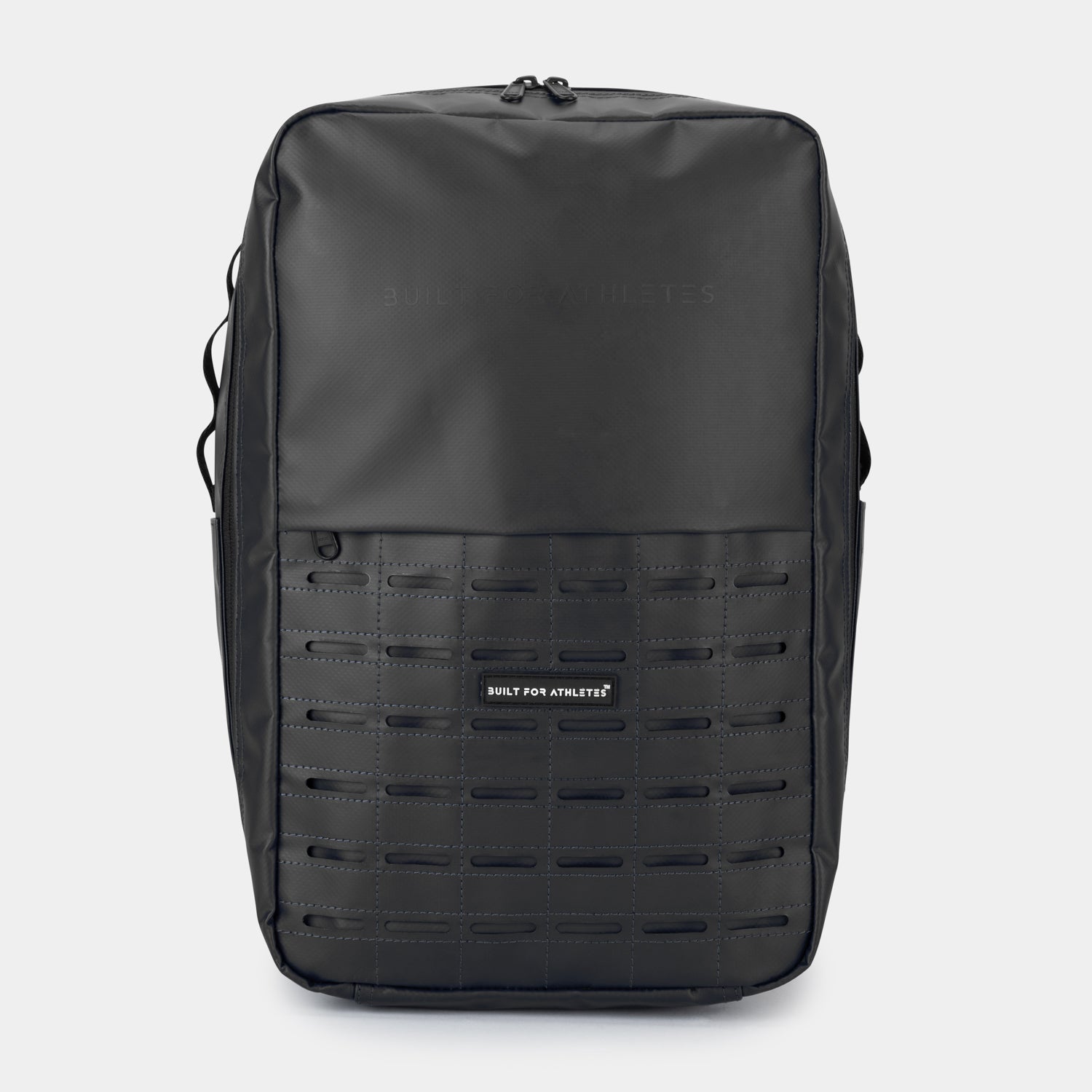
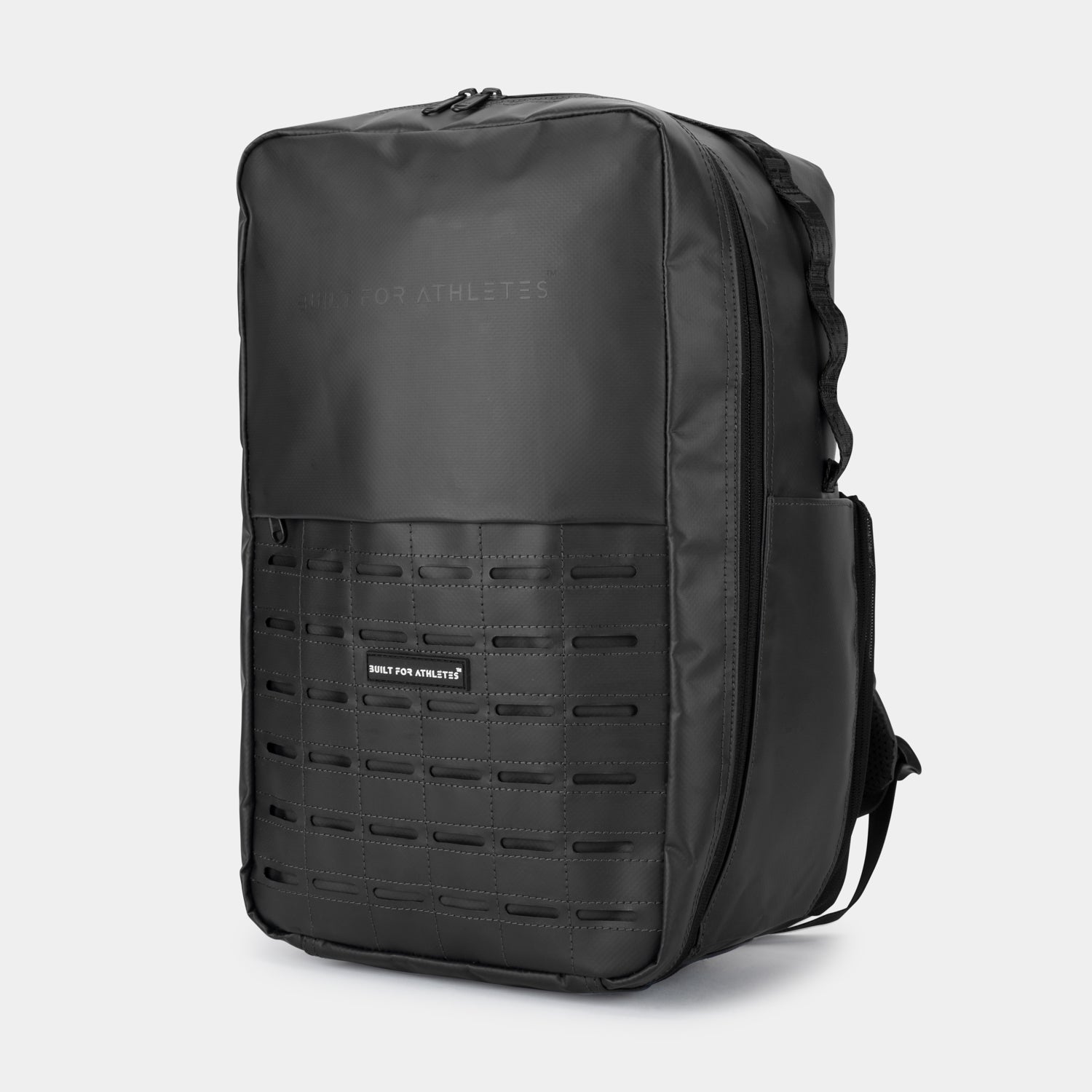
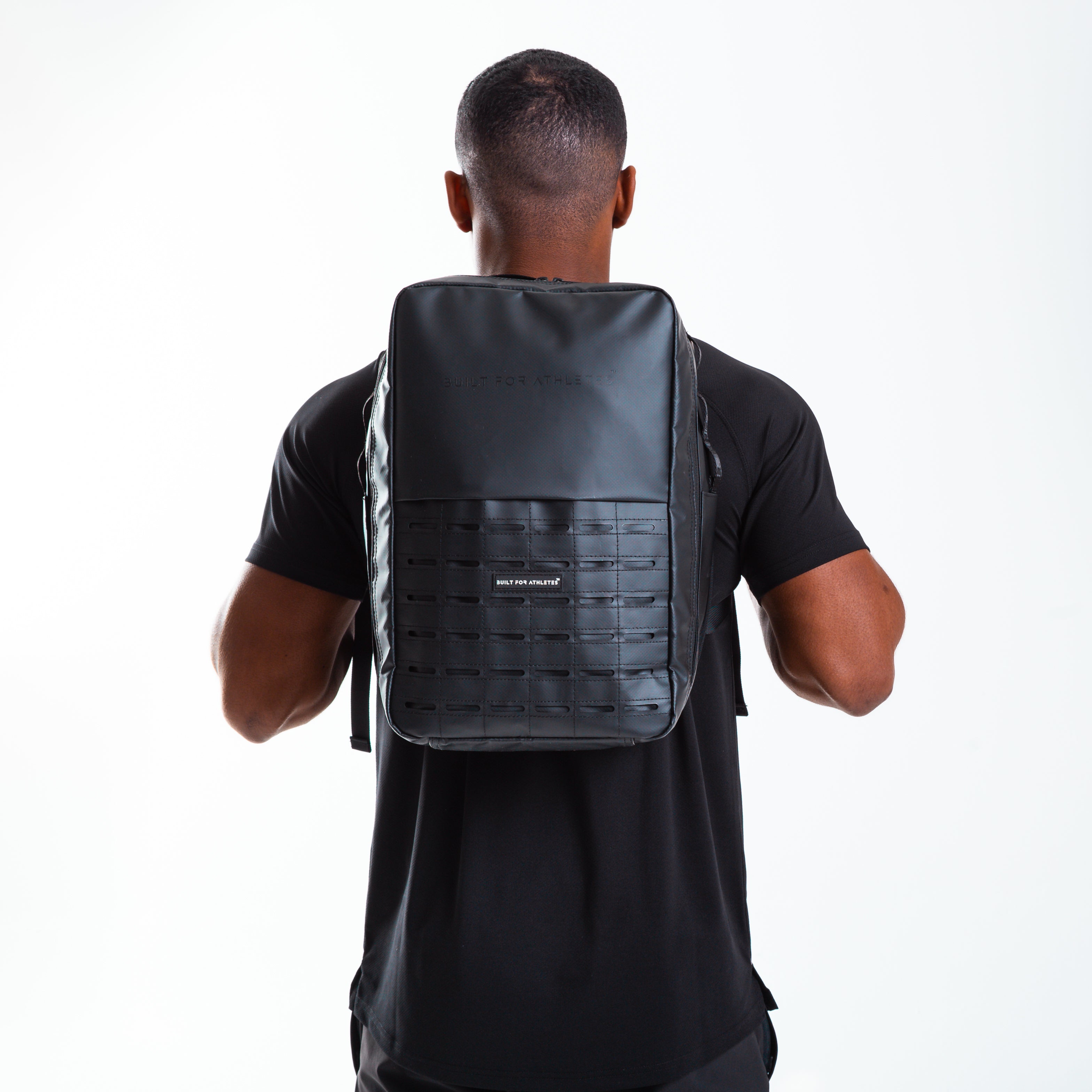
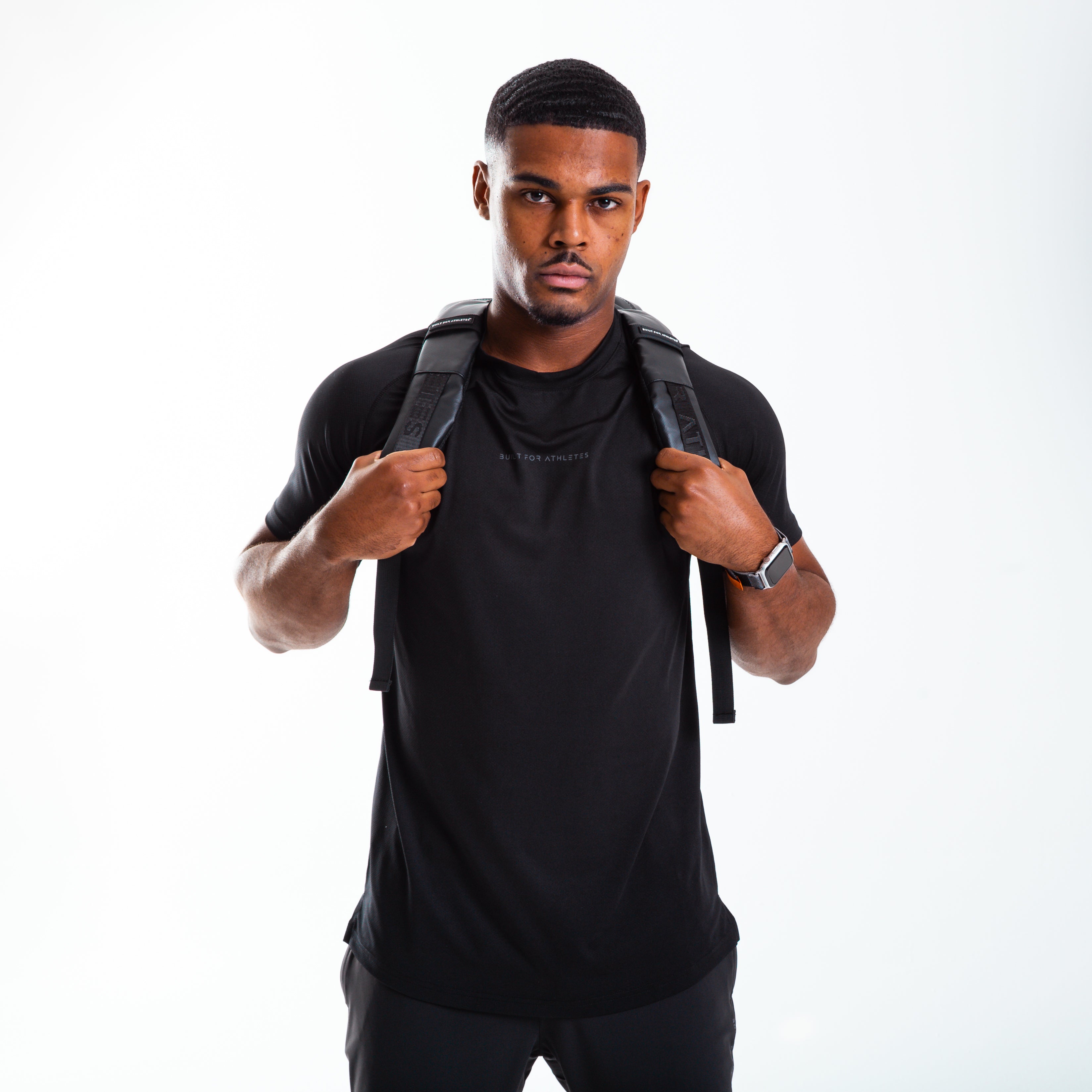



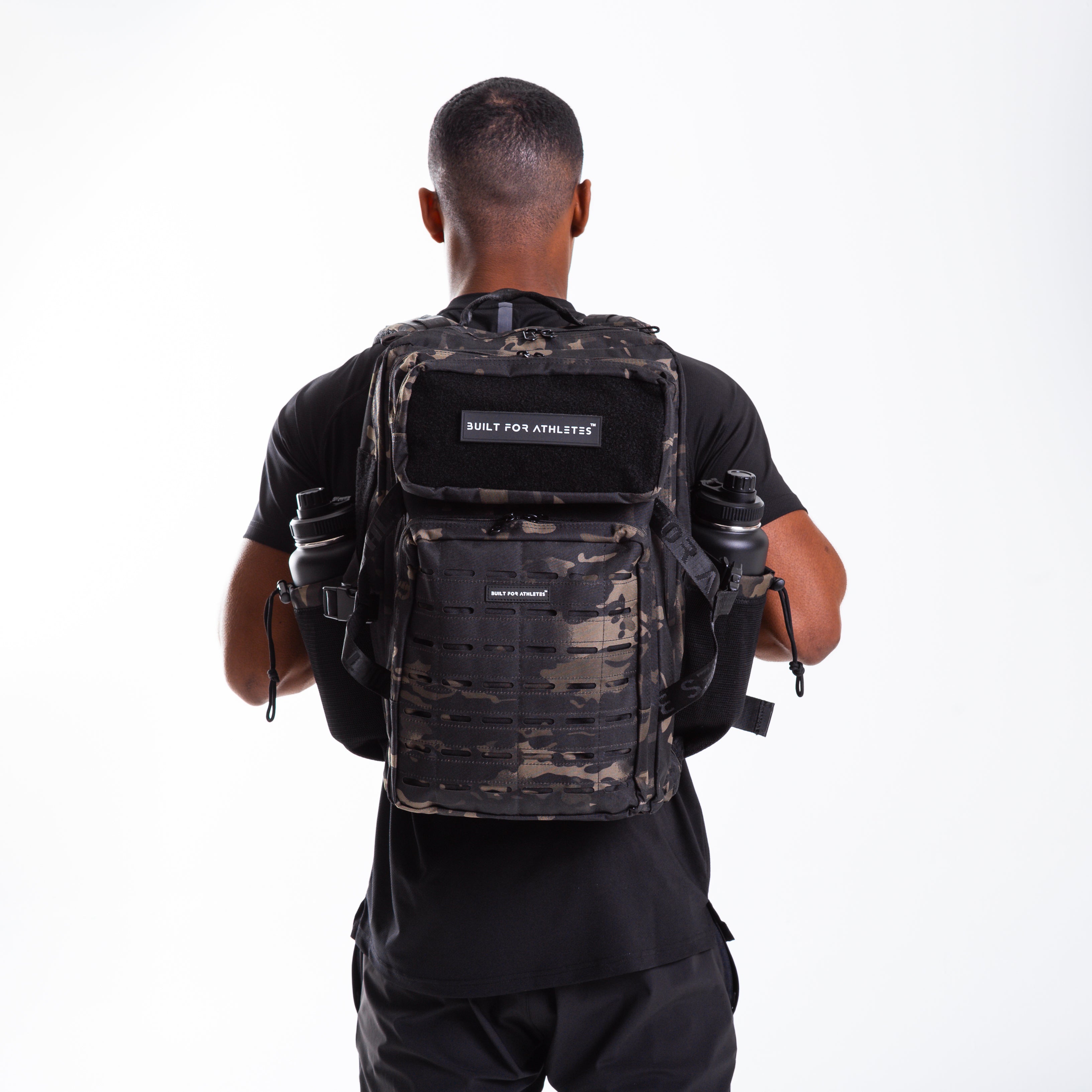
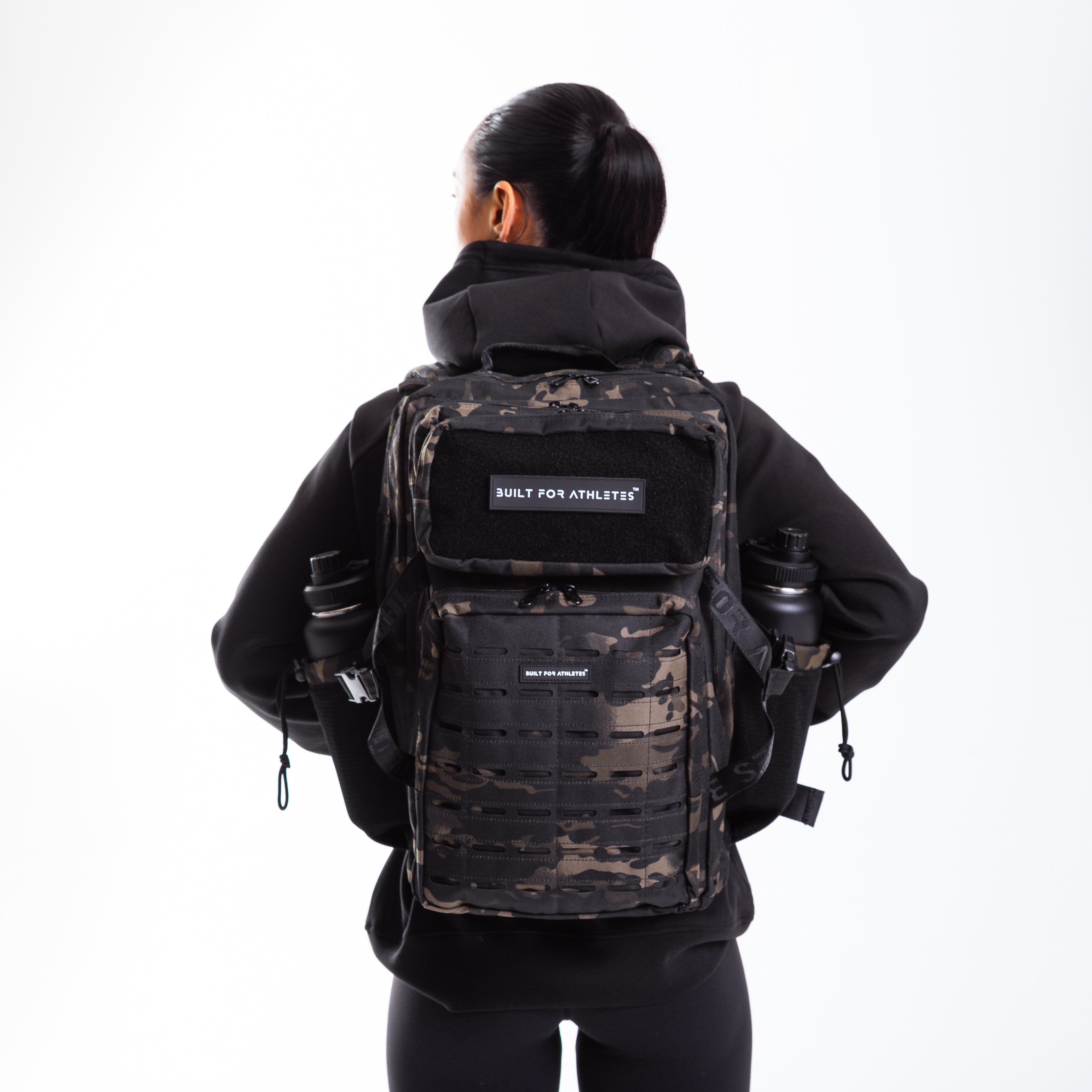
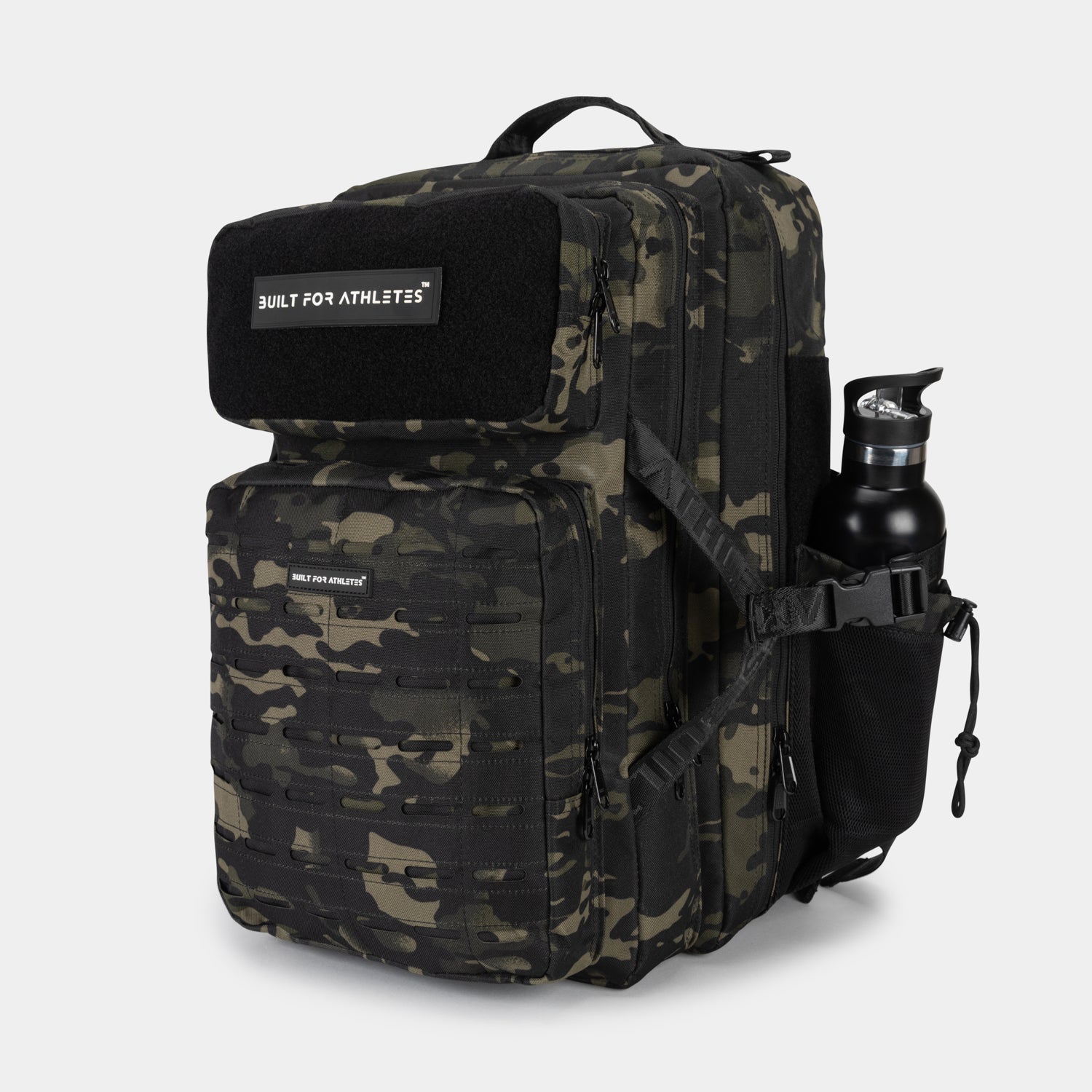
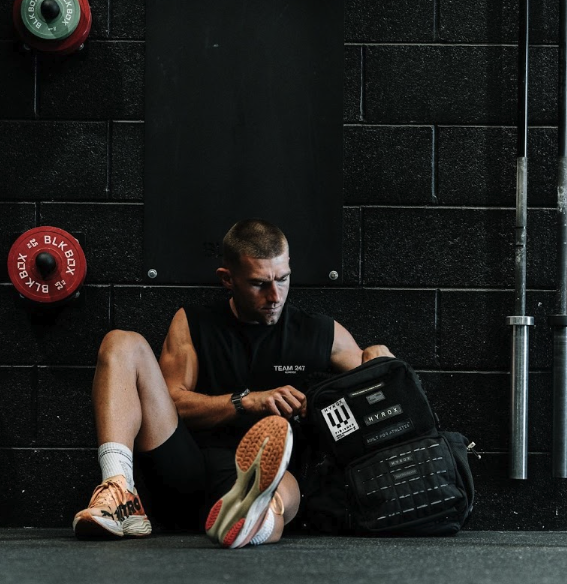
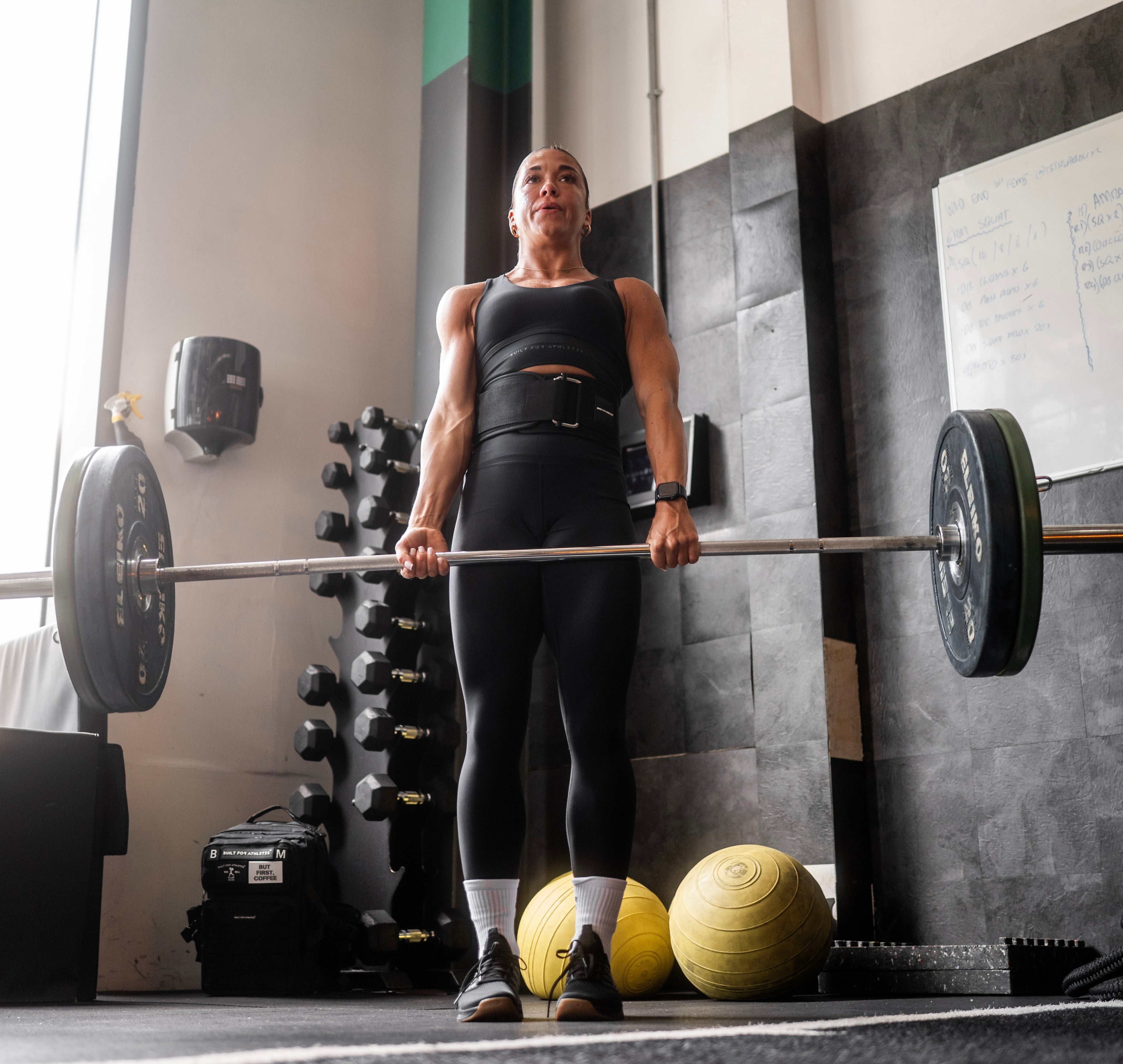
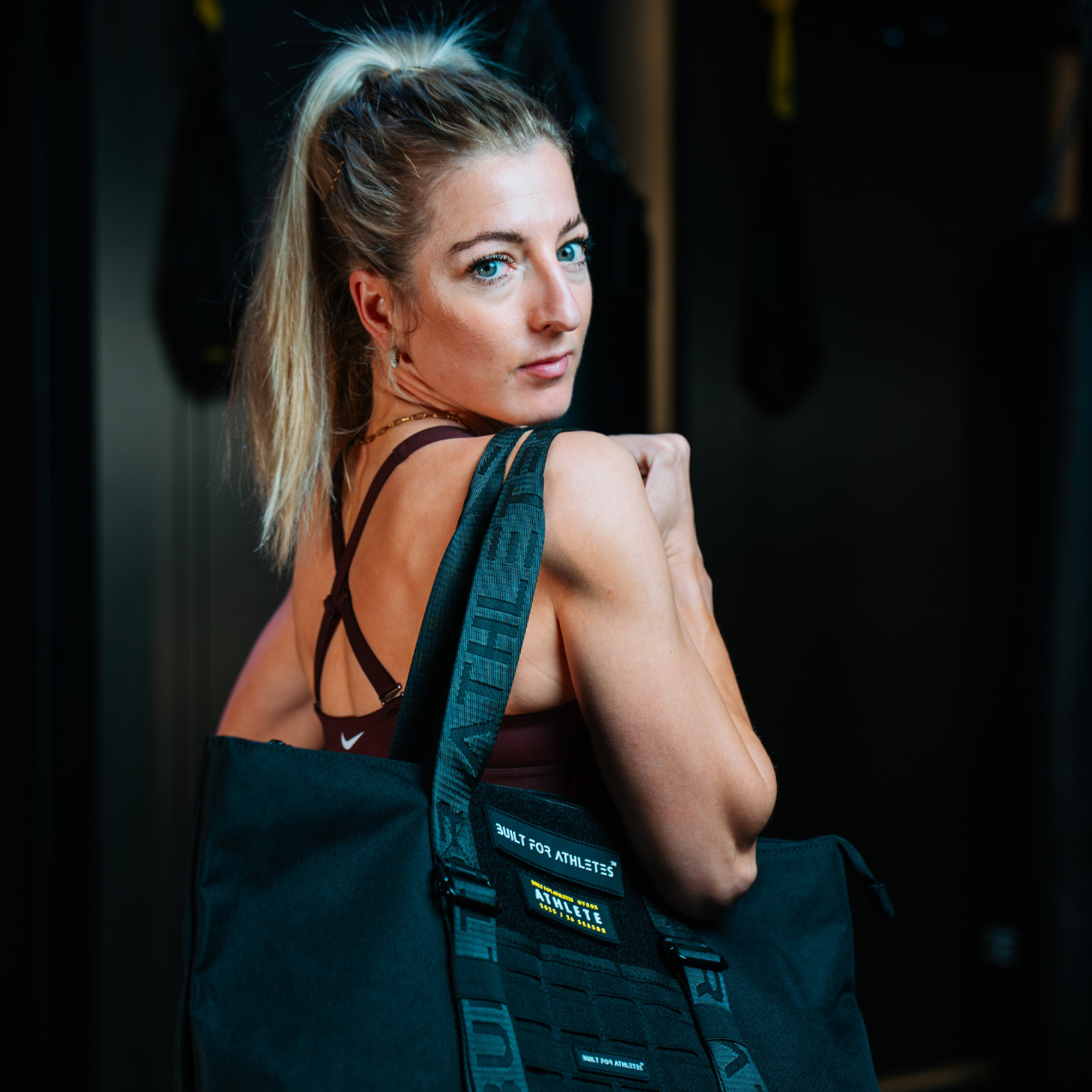
Share:
6 Ways Meditation Can Improve Athletic Performance
Can You Use Muscle Hydration Gels To Prevent DOMS & Improve Performance?